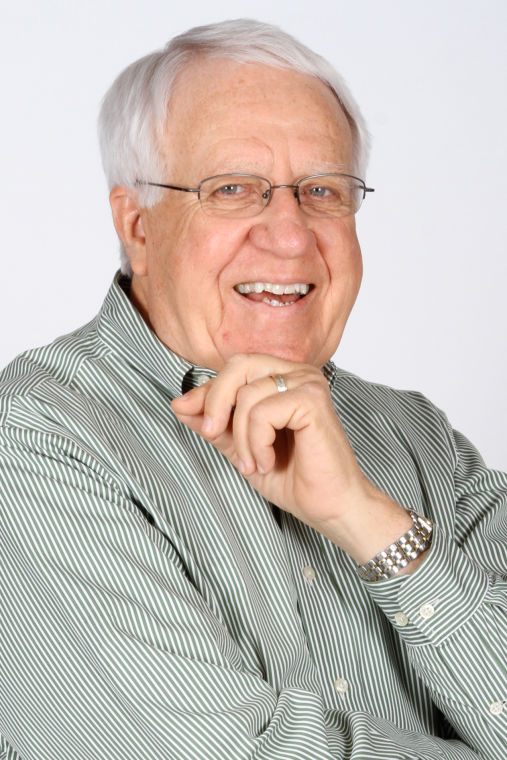
Creative minds at Young and Rubicon — a recognized advertising agency in New York City —have introduced jingles, catch words (as well as “catch phrases”) and slogans that have withstood the test of time.
And there are few tests any tougher than time.
Well, I committed a king-size “boo-boo” in a recent column that warrants review. I learned that a friend referenced in the column lives. Details seem to be warranted.
“The mind is a terrible thing to waste” is a description the Young and Rubicon ad agency coined to fuel giving to the United Negro College Fund.
It remains fresh in our minds, now more than 40 years later.
Because of my goof, I have coined a similar expression that isn’t likely to catch on, but may have many readers nodding their heads in agreement.
Here’s my contribution: “The memory is a terrible thing to misplace.”
Keep in mind that multitudes of geezers — and “geezettes — will side with me when it comes to misplacing things, particularly memory.
For contextual purposes, I cite one of Mark Twain’s most remembered quotes: “Reports of my death have been greatly exaggerated.”
In addition to years stacking up, I now can attribute misplaced memory to anesthesia administered in late October after I sustained a heart attack while making announcements at church.
I fell from the platform, landed on our lead pastor who caught me on the first bounce and was “revived” several times during intermittent screams of “no pulse, no pulse, no pulse” by those trying to resuscitate me. (I’d call it a massive heart attack, but the term hasn’t been mentioned, and I don’t intend to bring it up.)
For a few minutes, reports of my “death” were very near the truth. (This reminds me of a favorite story about a patient about to undergo surgery. As he stared into the face of his anesthesiologist, he said, “This makes you feel like you do when you’re drunk, doesn’t it?” The doctor answered, “I wouldn’t know; I’ve never had anesthesia.”)
Okay, back to memory misplacement. Legions of old-timers write it down when friends die. Otherwise, we spend countless hours, trying to recall if so and so has “passed on” or is still among folks who remain vertical and ventilating.
I haven’t kept such a list. Had I done so, it long since would have been misplaced.
I truly believed that my friend of 60-plus years, Dr. Ray Van Cleef, died in a car accident a couple of decades ago. I mentioned his name in a recent column about his “sentencing” a third baseman to the pitcher’s mound to preserve Sul Ross’ 11-10 baseball victory over the University of Arizona in 1965. (Van Cleef was twice a baseball All-American at Rutgers University and was named most valuable player when his team was runner-up in the 1950 college world series.)
I first met him in the late 1950s. After coaching for several years, he switched to college administration. Upon completing his doctorate at the University of Wyoming, he served at Tarrant County College and Tyler Junior College.
After the column referring to him as “the late” appeared in almost 200 newspapers, we reconnected with an hour-long telephone conversation, our first in some 40 years.
He and his wife reside in Georgetown, and he’ll be 93 come February.
During our conversation, we referenced several dozen “funnies” we each had experienced along the way.
We spoke of what was, and what might have been. Clearly, I gained most from it since his memory seems more firmly in place than mine. Further, I think that coaches typically have far more humorous situations to remember than do college presidents. I do, as always, retain the right to be wrong.
In this case, my “misplaced memory” served me well. If I hadn’t committed this blunder, we would not likely have renewed a friendship that was four decades on hold.



